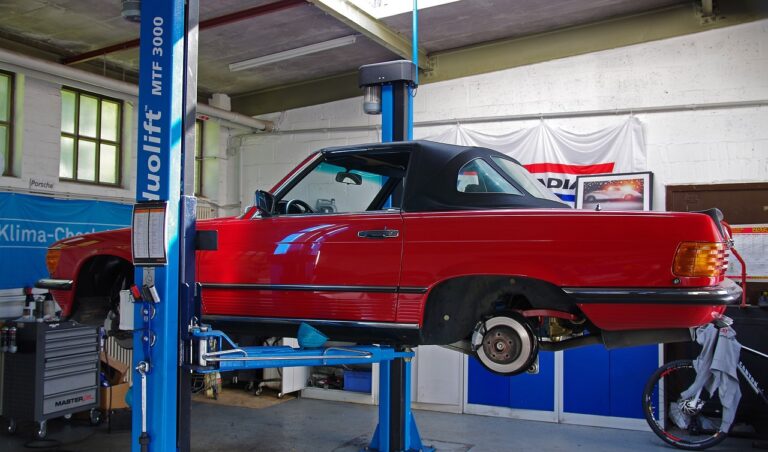The Evolution of Watch Innovation: Past, Present, and Future: Betbhai9 whatsapp number, Radhe exchange register, My99 exch
betbhai9 whatsapp number, radhe exchange register, my99 exch: The evolution of watch innovation has been a fascinating journey that showcases the creativity, craftsmanship, and ingenuity of watchmakers over the centuries. From simple timekeeping devices to complex smartwatches, the evolution of watches has been driven by technological advancements, changing consumer preferences, and the constant pursuit of excellence.
Early Innovations: The Journey Begins
In the early days, watches were purely mechanical devices that relied on springs, gears, and escapements to measure time accurately. The invention of the mainspring by Peter Henlein in the 16th century revolutionized watchmaking and paved the way for portable timepieces. Over the years, watchmakers continued to refine and improve the accuracy, durability, and aesthetics of watches, leading to the development of complicated mechanisms like tourbillons, chronographs, and perpetual calendars.
The Quartz Revolution: A Game-Changer
In the 20th century, the introduction of quartz technology transformed the watch industry. Quartz watches, powered by batteries and regulated by quartz crystals, were more accurate, affordable, and low-maintenance than their mechanical counterparts. This technological breakthrough democratized timekeeping and made watches accessible to a broader audience. The Quartz Crisis of the 1970s, which nearly bankrupted traditional Swiss watchmakers, forced the industry to adapt and innovate to survive in the digital age.
The Rise of Smartwatches: Where We Are Today
In recent years, smartwatches have emerged as the latest innovation in watchmaking. Combining traditional watchmaking techniques with cutting-edge technology, smartwatches offer a wide range of features beyond timekeeping, such as fitness tracking, notifications, GPS navigation, and voice commands. Companies like Apple, Samsung, and Fitbit have entered the smartwatch market, catering to tech-savvy consumers who demand functionality, connectivity, and style in one device.
The Future of Watch Innovation: What Lies Ahead
As we look to the future, the possibilities for watch innovation are endless. Advancements in materials, manufacturing techniques, and wearable technology will continue to shape the design and functionality of watches. From self-winding mechanisms to solar-powered batteries, from augmented reality displays to integrated health monitoring sensors, the watches of tomorrow will be smarter, sleeker, and more personalized than ever before.
FAQs
Q: Can smartwatches replace traditional watches?
A: While smartwatches offer more functionality, traditional watches will always have a place for their timeless elegance and craftsmanship.
Q: Are mechanical watches still relevant in the digital age?
A: Yes, mechanical watches appeal to watch enthusiasts who appreciate the artistry and heritage of traditional watchmaking.
Q: What are some key trends in watch innovation?
A: Key trends in watch innovation include sustainability, customization, connectivity, and hybrid designs that blend analog and digital features.
In conclusion, the evolution of watch innovation is a testament to the creativity and adaptability of watchmakers throughout history. As we look toward the future, we can expect watches to continue to evolve, incorporating the latest technologies and trends to meet the changing needs and desires of consumers. Whether you prefer a classic mechanical watch or a cutting-edge smartwatch, there is a timepiece out there that reflects your style and personality.







